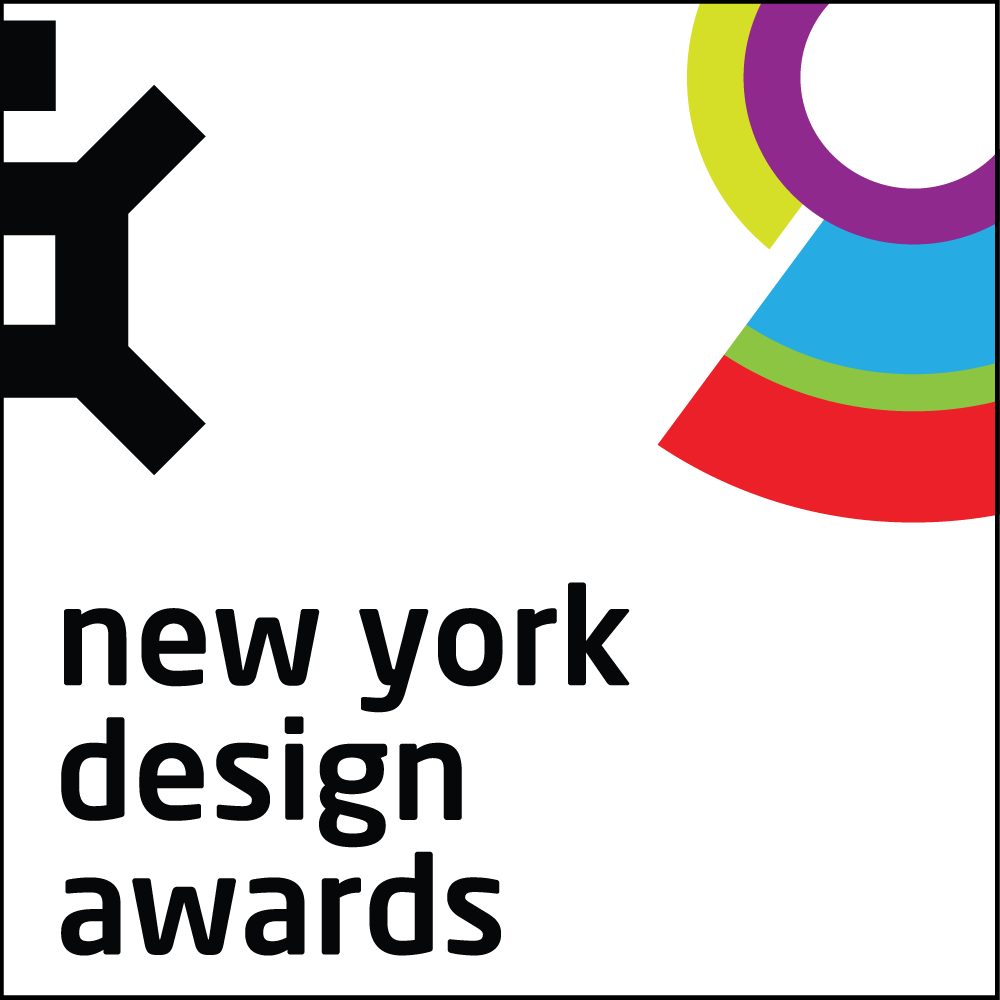





Image Credit : Muji

Project Overview
Design enthusiasts gathered at The Times Center to learn more about the Japanese brand and celebrate the opening of MUJI’s new flagship store on Oct. 15, 2015. Slated for a November opening, the MUJI Fifth Avenue will be centrally located on Fifth Avenue and 41st Street, across the street from the New York Public Library in Bryant Park and a stonesthrow from Grand Central Station.
Organisation
Project Brief
In 2007, MUJI opened its first US location in New York City’s SoHo neighborhood. The Fifth on Fifth store, which is MUJI’s fifth store in New York and located on Fifth Avenue, opens in mid-November and will be a showcase for MUJI’s newest innovations. Not only will there be exclusive products like select books and kids clothing, but specialized services on site like customized produsts and personalized embroidery.
The member of MUJI’s advisory board and internationally famous product designer Naoto Fukasawa was the night’s keynote speaker. Paola Antonelli, Senior Curator of the Department of Architecture & Design and Director of R&D at The Museum of Modern Art, provided a brief introduction to Fukasawa’s work.
“Our relationship seems inevitable,” Fukasawa explained in his opening. “MUJI and I share a similar design mind.” Fukasawa’s talk was entitled, “MUJI is Enough.” The title might seem strange, but the idea speaks to both the brand and the designer’s philosophy. MUJI strives to create products that consider the details of daily life—even if a customer in search of a specific product doesn’t plan to buy it from MUJI, oftentimes they find that MUJI’s version of the product is “just right.” This idea of just right bestows an appropriate sense of happiness to the customer.
Project Need
The idea of an object’s functionality dissolving into human behavior is captured in the phrase, Without Thought(translation), and has been explored through a number of design workshops led by Fukasawa and his team. It is built on the idea that our intuitive actions should lead design. Instead of focusing on designing an object for the mind, design an object for the body and what Fukasawa calls, “subconscious behavior.” One example he gives is the design of an umbrella stand. If a person sees a groove in the floor next to a wall, that person would naturally place the tip of an umbrella into the groove and lean the umbrella against the wall. Perhaps, instead of designing an object as an umbrella stand, one would design a recess in the floor. “It’s functionally right,” and a person would interact with the recess without thought. Fukasawa elaborates, “It’s purpose is complete.”
User Experience
MUJI sees its products as a counterbalance to the extremes of culture, a brand that creates harmony with products whose size, fit and materials are appropriate—just right. An extension of the just right philosophy is the idea of a compact life. MUJI’s range of modular and expansive storage options are a great example of this philosophy. No matter what the needs of the customer are, the storage solutions offer objects that can live in the background of one’s life.
Marketing - Event Experience
This award celebrates creative and innovative design for a business event. Consideration given to originality, creativity; theming; audience connection and engagement and how the event created a seamless experience for the visitor and helped to reinforce the program's core message
More Details

